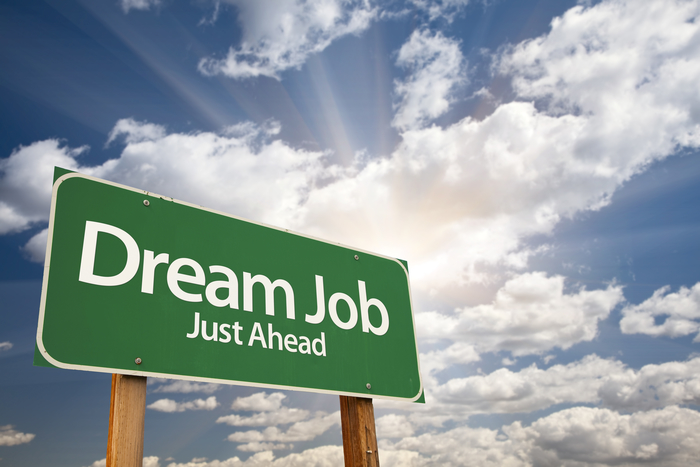
You have a nice job, great colleagues and also a good salary. Yet there is something gnawing at you. You really want something else. Are you looking for more responsibility? A new working environment? New challenges? You want something different. You want something new. You want to find a new job. But how do you do this? What should come with a new job? What do you actually realy want?
About eight out of ten people I speak with have questions like this. Often these candidates know exactly what they can. Often everyone knows exactly what they don't like. However, often these candatidates don't know what they REALLY want.
It's a tricky question too. For example, you do the same job for years. You have formed yourself in the job, and you're stuck in this frame of reference. Over the years, you've had a lot of performance and appraisal interviews and there you found out what an employer appreciates in you. Who you want to be for yourself and what you really want to do still remains difficult.
When you stand on these issues, I recommend you to start with yourself. What do you think really matters now? What beliefs do you have? What values in your career come first? For some, this may mean a new job brings with it a new learning curve. For others, this may mean that other work is asked of him. Another option is looking for a better work / life balance, or ensuring a lot of international travel, where they can put their careers first.
Therefore, it's best to begin by writing down these values and put these values in a circle on paper. The words that stand here, should be reflected in a new job. Otherwise, the chances are that your new job does not last long and you'll grow nostalgic for your old job.
What do I really like?
Think about the following: What do I really like? What work will I want to come back to in my new role? What conditions must an organisation meet? One prefers to work for a smaller organisation, others just looking for a major international employer. Want to work in a team or do you prefer an independent function? Want to go into a leadership role? What responsibilities do you want? What does an organisation have to provide you in terms of training and growth opportunities? What business do you want to conduct with your new employer and your new job? What kind of people do you you want to work with? When you write these things down, the circle defines your core values. When your future employers knows eighty percent of the standards important to you, the job becomes a real option.
What does this job bring me ?
One final step. The last closing circle. In this circle, look at what you want to see again in the future. What does to job bring to me? Are you looking at a job that will increase my market value? Do I want a job where I can stay emplyoed until I retire? Are you trying to find an employer who offers me the opportunity to realise my dream abroad? Is it possible to take a sabbatical for the world? These are things that are not important to you now, but will be in the future. It's important to make sure that you feel connected to your new position and your employer. Ultimately, this ensures that all parties will continue and you experience a lot more fun in your position and you can avoid the feeling that in five years time, you'll be looking for another job again.
You're ready for that transition, and with great enthusiasm you can start your new challenge.
The answers to these questions will help you. You can compare them with every feature that you see , and you'll know instantly what questions you want to ask at a job interview. Then you'll know for sure if the connection you feel is real. You're ready for that transition, and with great enthusiasm you can start your new challenge.
Annelies Graafland-van der Zanden
Senior Recruitment Consultant Finance
